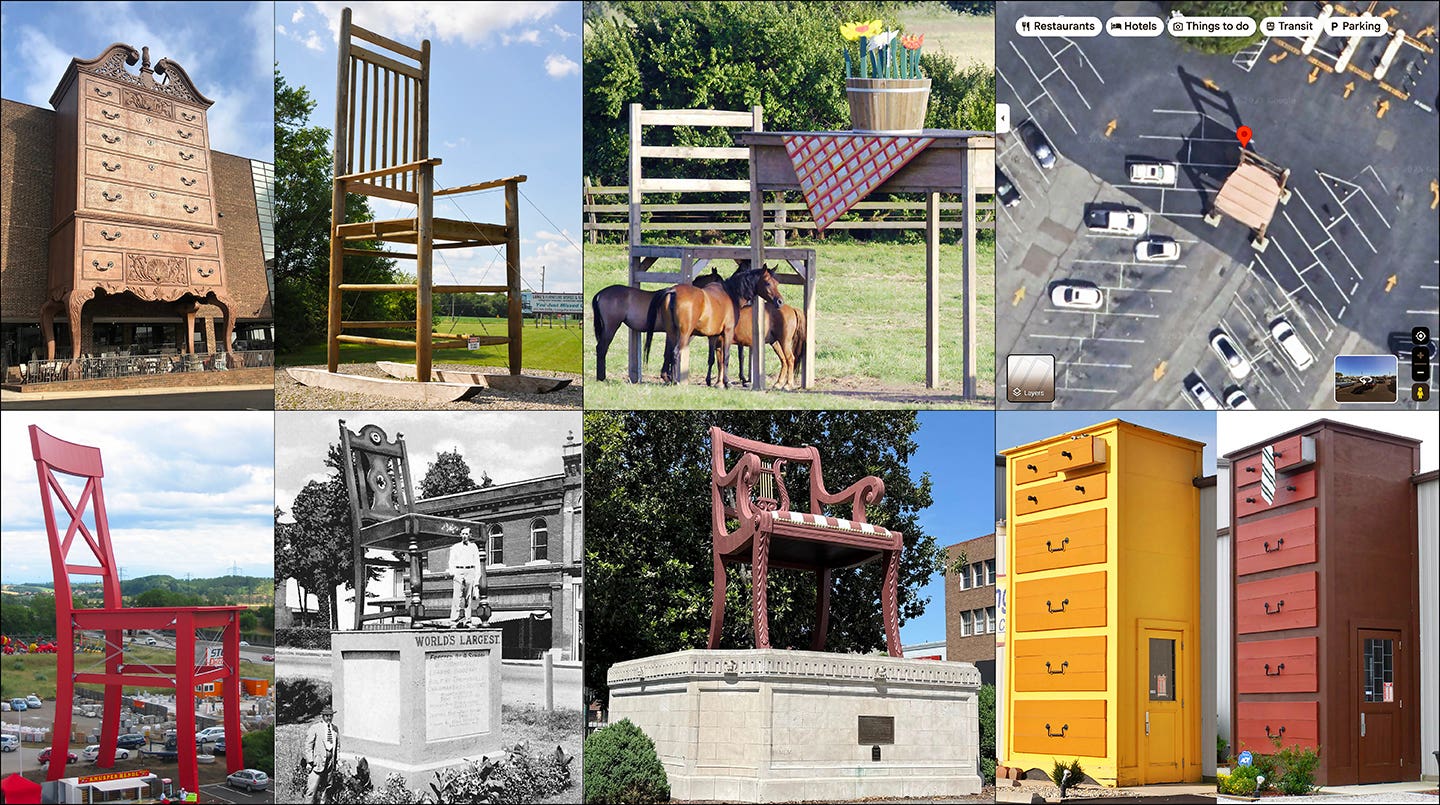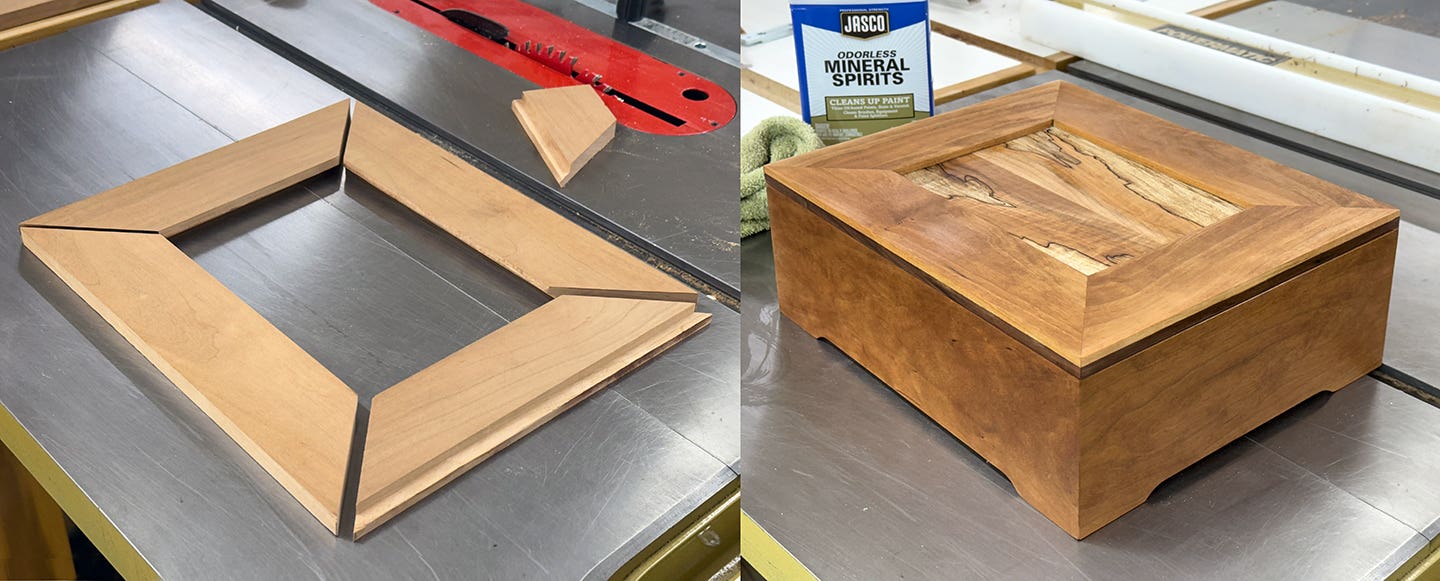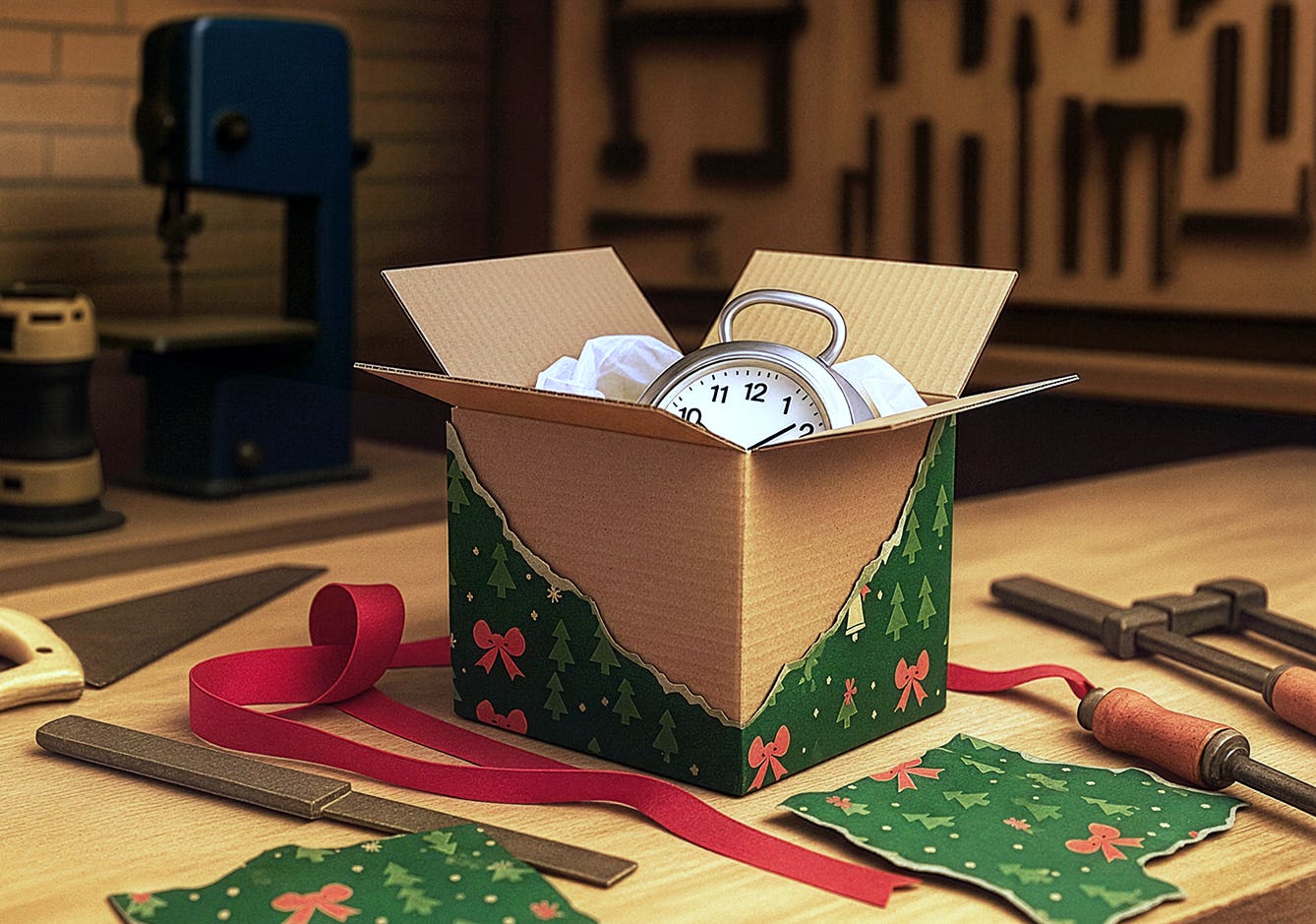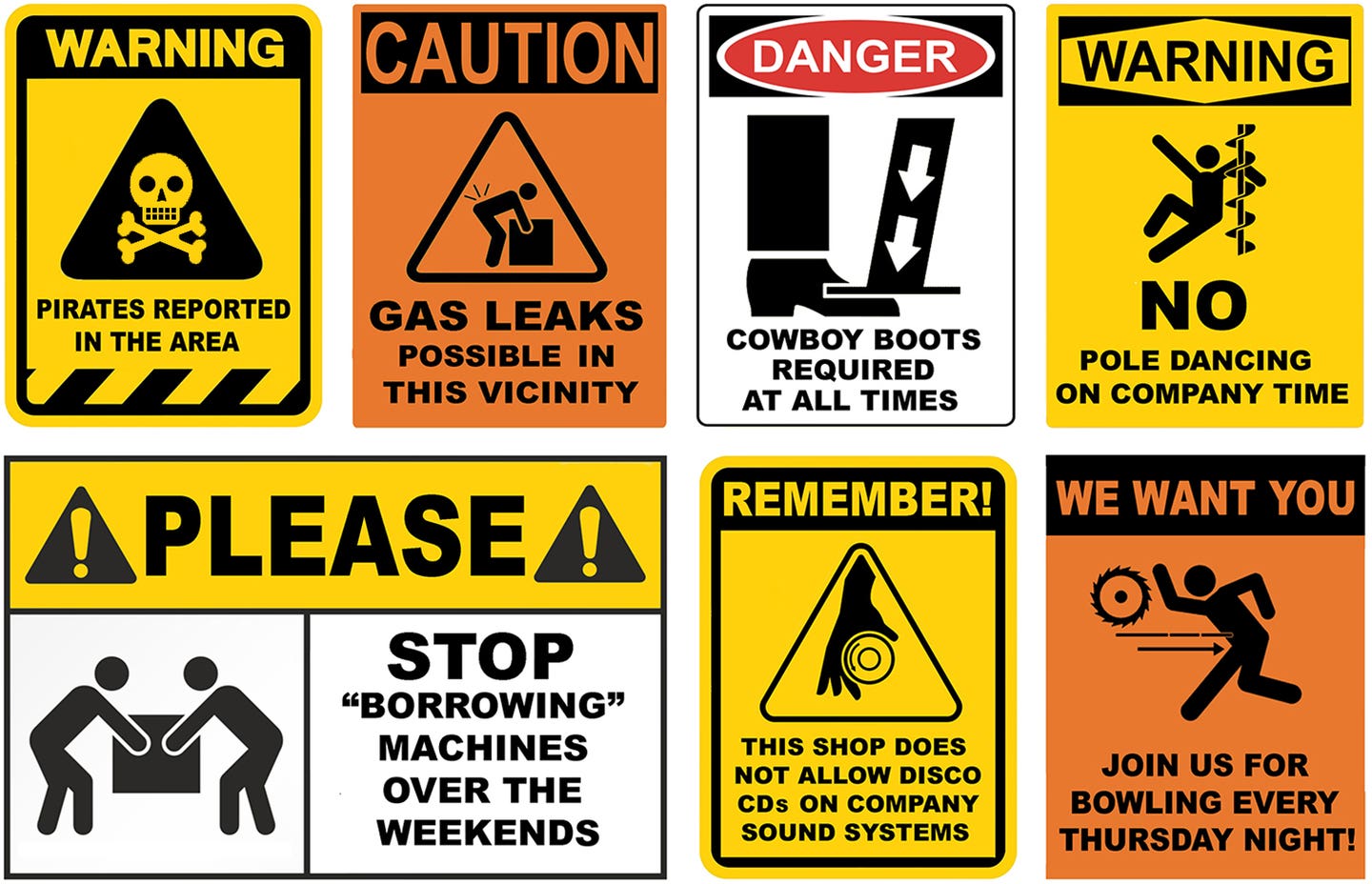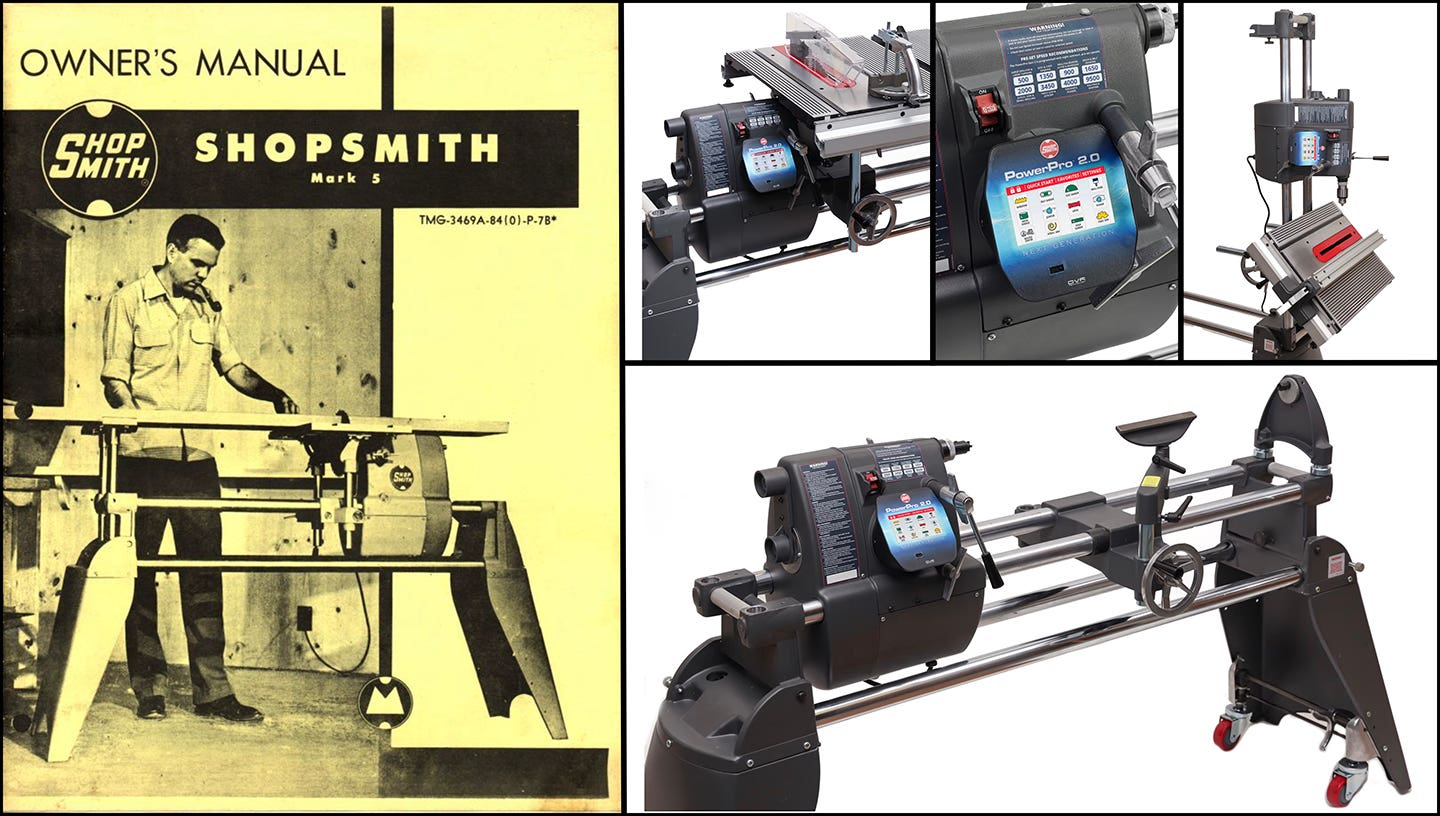Economics
Some of the replies to my post of 8/10 suggested that I did not know what I was talking about. I would like to suggest that I do indeed know…
Some of the replies to my post of 8/10 suggested that I did not know what I was talking about. I would like to suggest that I do indeed know what I am talking about. I admit I do not have a degree in economics. But one does not need a degree in economics to know what it is like to run a small business. Or to understand that the "incentives" available to businesses are heavily weighted towards large businesses and corporations.
It was pointed out that according to the SBA definition, a "small business" is one that has between 500 and 1500 employees. This definition can easily verified by looking at the SBA web site. But I would like to suggest that this is an absurd definition. A business with 500 to 1500 employees is not a "small business". A better definition would be under twenty employees. I have been involved with the business of woodworking for most of my life and I can tell you that a shop with fifty guys working in it is a big shop! One with 500 to 1500 employees is a factory. Most shops are run by a crew of ten or fewer people as are most of the businesses on "Main Street America".
In addition to my shop, we also run a small artisan bakery that currently employs between five and ten people besides our family members who work there. We have developed a product line that is straining to "break out".
When the government created its economic stimulus package and gave billions of dollars to banks, auto manufacturers and other big corporations, I had severe doubts that this would produce the desired result. I imagined what would have happened if this money, or at least part of it, had been made available to a business like ours. We would not have needed billions or even millions of dollars. Even a hundred grand would have done it.
The first thing we would have done was to put the money in the bank. So the bank would have still had the money to use. We would have immediately purchased more ovens and mixers and a couple of delivery vans and hired a few more people.
Multiply this by the number of truly small businesses across the country and the effect would have been dramatic. The money would have gone right into circulation, people would have gotten jobs and the economy would have gotten a much bigger jolt than it ultimately saw.
It does not require a degree in economics to figure this out. Just a little common sense.
David DeCristoforo possesses an extensive resume as designer/maker of fine furniture, high-end cabinetry and architectural woodwork. His experience in professional woodworking spans a period of 35 years. For the past 20 years David DeCristoforo Design has been located in Woodland, California. During this time David's shop has ranged in scope from a "full on" cabinet production shop with as many as 15 employees to a small fine furniture and custom millwork shop, working with his son, David RBJ, a highly skilled maker in his own right.


